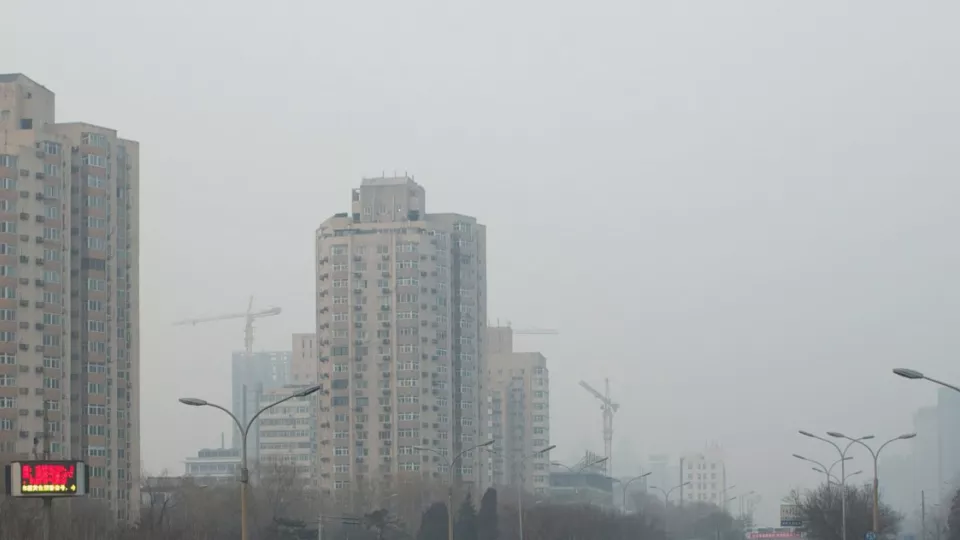The study presents a modelling platform that ties together climate, building and energy system models in order to facilitate the simulation and evaluation of cities’ energy transition. The aim is to secure the cities’ resilience against future climate changes at the same time as the densification of urban areas is taking place. In particular, researchers have looked closely at extreme weather events (e.g. heatwaves and cold snaps) by producing simulations of urban microclimates.
“Future energy systems for urban areas are the key to helping us to become more climate resilient. Our study took the first and probably the most important step in designing a sustainable future for big cities in Europe”, says Deliang Chen, Professor of physical meteorology at the University of Gothenburg and a member of MERGE.
Click here to continue read the entire article at the University of Gothenburg.


